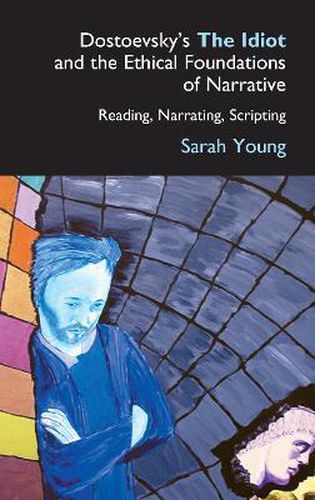Readings Newsletter
Become a Readings Member to make your shopping experience even easier.
Sign in or sign up for free!
You’re not far away from qualifying for FREE standard shipping within Australia
You’ve qualified for FREE standard shipping within Australia
The cart is loading…






In considering Dostoevsky’s ‘The Idiot’, a novel less easily defined in terms of plot and ideas than his other major fictional works, Sarah Young addresses problems in the novel unresolved by previous interpretations, and in doing so fills a significant gap in Dostoevsky studies. ‘Dostoevsky’s The Idiot and the Ethical Foundations of Narrative’ provides an innovative theoretical framework for an analysis that integrates structural and narratological considerations with thematic (religious and ethical) aspects, by focusing on the characters’ interactivity as the most fundamental level on which the ethical systems of the novel are enacted. It examines the questions of what ethical bases are put forward by the novel, what faith-issues and philosophical world-views they derive from, and how, in terms of structuring and narration rather than simply thematically, they are presented in the novel.
$9.00 standard shipping within Australia
FREE standard shipping within Australia for orders over $100.00
Express & International shipping calculated at checkout
In considering Dostoevsky’s ‘The Idiot’, a novel less easily defined in terms of plot and ideas than his other major fictional works, Sarah Young addresses problems in the novel unresolved by previous interpretations, and in doing so fills a significant gap in Dostoevsky studies. ‘Dostoevsky’s The Idiot and the Ethical Foundations of Narrative’ provides an innovative theoretical framework for an analysis that integrates structural and narratological considerations with thematic (religious and ethical) aspects, by focusing on the characters’ interactivity as the most fundamental level on which the ethical systems of the novel are enacted. It examines the questions of what ethical bases are put forward by the novel, what faith-issues and philosophical world-views they derive from, and how, in terms of structuring and narration rather than simply thematically, they are presented in the novel.